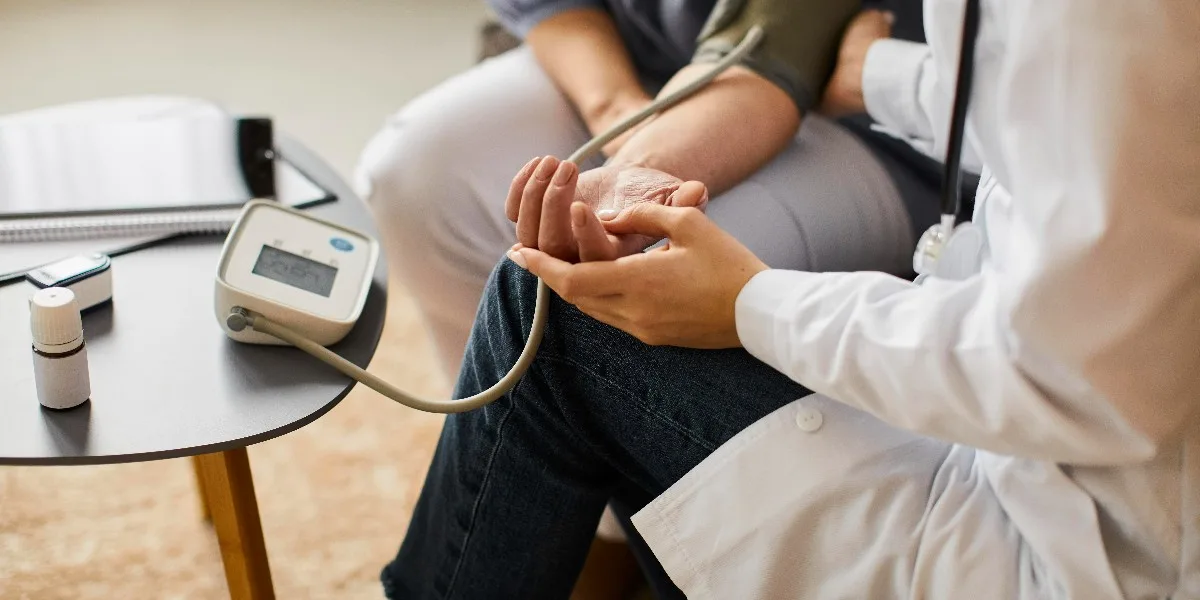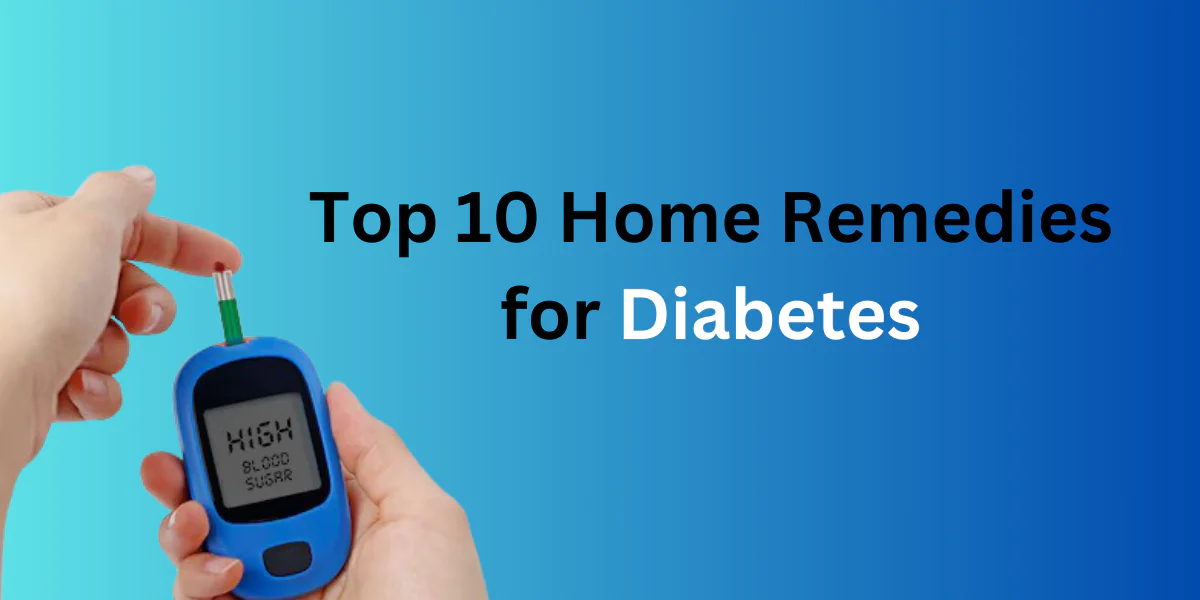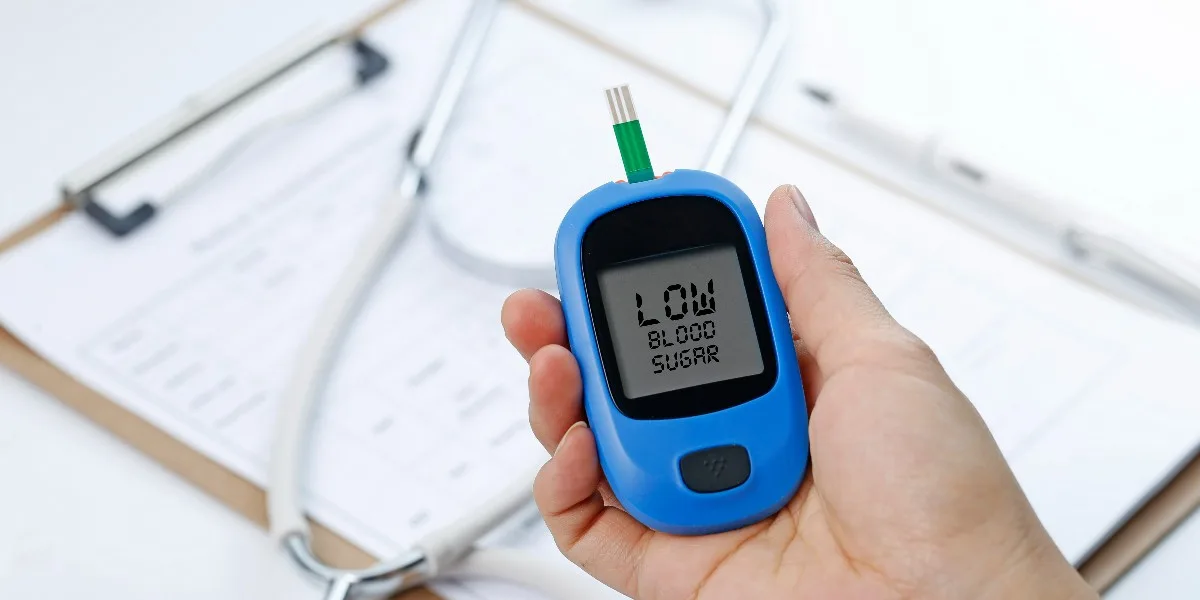What Is Hypertension? The heart pumps blood throughout the body, and blood pressure is the force of this blood against the walls of the arteries. When this pressure stays consistently high, it leads to hypertension. Hypertension increases the risk of atherosclerosis—a condition where fatty plaques build up in the arteries, causing them to harden and narrow. This can result in serious health issues like heart attacks and strokes. Common risk factors for atherosclerosis include smoking, high cholesterol, and obesity.
A 2018 study presented at the Cardiological Society of India (CSI) found that one in five young adults in the country has high blood pressure. Hypertension often shows no symptoms, meaning most people don’t realize they have it. Regular blood pressure checks are essential for catching this silent threat early.
Understanding Blood Pressure Control
When the heart contracts, it pushes blood out into the aorta and arteries. This blood then travels into smaller vessels called arterioles. The arterioles have muscular walls that control how wide or narrow they are. When they are narrowed, they make it harder for blood to flow through.
When blood flow decreases, sensors in the brain, kidneys, and other organs notice the change. This triggers nerve reflexes and the release of hormones, including those from the renin-angiotensin-aldosterone system (RAAS) and the sympathetic nervous system. These responses make the heart beat harder and the blood vessels tighten, which raises blood pressure to push blood through the narrower arterioles.
These adjustments help maintain good blood flow and protect important organs like the brain and kidneys. However, in some people, these adjustments become constant, leading to persistent high blood pressure, or hypertension.
How Blood Pressure is Measured
Measuring blood pressure is crucial for assessing heart health and detecting any potential issues. This process is done using a device called a sphygmomanometer, which is often used with a stethoscope.
To begin, a cuff is wrapped around the upper arm and inflated to temporarily stop blood flow. As the cuff deflates, the blood starts to flow again, and the pressure in the arteries is recorded. This measurement provides two key values:
- Systolic Pressure: This is the higher value, representing the pressure in the arteries when the heart is actively pumping blood. Normal systolic pressure typically ranges from 110 to 130 mmHg.
- Diastolic Pressure: This is the lower value, showing the pressure in the arteries when the heart is at rest between beats. Normal diastolic pressure usually falls between 70 and 80 mmHg.
Blood pressure readings are given in a format of systolic over diastolic (e.g., 120/80 mmHg). Proper measurement technique is essential to ensure accurate results, which helps in monitoring and managing overall heart health. Regular checks are important for maintaining healthy blood pressure and addressing any concerns early.
The Silent Nature of Hypertension: Why Most Feel Fine
Hypertension often goes unnoticed because the body can adapt to high blood pressure without producing visible symptoms. This lack of immediate discomfort makes regular medical check-ups essential for early detection and management.
Long-term high blood pressure can contribute to several serious health issues, including:
- Heart attack
- Heart failure
- Kidney disease
- Stroke
- Vision problems
- Peripheral artery disease
Without symptoms, many people are unaware of their condition until complications arise.
Lifestyle Factors Leading to Hypertension
Here’s a comprehensive list of factors that can contribute to high blood pressure and worsen its effects on the arteries:
Factors contributing to high blood pressure and arterial damage:
- Age
- Family history and genetics
- Obesity and overweight
- Sedentary lifestyle
- High salt (sodium) intake
- Low potassium intake
- Excessive alcohol consumption
- Smoking and tobacco use
- Chronic stress
- Sleep apnea
- Diabetes
- High cholesterol levels
- Chronic kidney disease
- Thyroid disorders
- Certain medications (e.g., NSAIDs, birth control pills)
- Illegal drugs (e.g., cocaine, amphetamines)
- Pregnancy-related conditions (e.g., preeclampsia)
- Inflammatory diseases (e.g., lupus, rheumatoid arthritis)
- Certain congenital conditions (e.g., coarctation of the aorta)
- Air pollution
- Lead exposure
- Vitamin D deficiency
- Excessive caffeine intake
- Dehydration
- Hormonal imbalances
Read also : Prevent Heart Disease with These 7 Heart-Healthy Diet Tips
Medications that Can Trigger High Blood Pressure
Medications that can trigger or worsen high blood pressure include:
- NSAIDs (e.g., ibuprofen, naproxen)
- Oral contraceptives and hormone therapy
- Decongestants (e.g., pseudoephedrine)
- Some antidepressants (e.g., MAOIs, SNRIs)
- Stimulants (e.g., methylphenidate, amphetamines)
- Corticosteroids (e.g., prednisone)
- Certain immunosuppressants and cancer medications
- Some herbal supplements (e.g., ephedra, licorice)
Important notes:
- Effects can vary based on individual factors and dosage.
- Consult a healthcare provider before starting or stopping any medication.
- Inform your doctor about all medications and supplements you’re taking.
- Healthcare providers can often find alternatives or adjust dosages to minimize blood pressure impacts.
The Impact of Aging on Blood Pressure
As people age, several changes in the cardiovascular system can affect blood pressure:
- Increased Arterial Rigidity: Arteries become less elastic and more rigid, leading to higher systolic blood pressure and lower diastolic pressure. This condition is known as isolated systolic hypertension.
- Higher Systolic Pressure: Elevated systolic pressure becomes more common with age and can further contribute to arterial stiffness.
- Altered Blood Pressure Patterns: The typical pattern of blood pressure changes, with a notable increase in systolic pressure and a decrease in diastolic pressure.
While these changes are associated with aging, isolated systolic hypertension is not considered a normal part of aging and may require medication to manage elevated systolic pressure effectively. Regular monitoring and medical intervention are important for managing these age-related changes in blood pressure.
Making Healthier Choices to Manage Hypertension
Effective management of hypertension involves adopting healthier habits. Key strategies include:
- Balanced Diet
- Regular Exercise
- Weight Management
- Limit Alcohol Intake
- Quit Smoking
- Stress Reduction
- Adequate Sleep
- Regular Monitoring
Overview of Antihypertensive Medications
Antihypertensive Medications Overview:
1.Common Classes of Medications:
- ACE Inhibitors
- Angiotensin Receptor Blockers (ARBs)
- Calcium Channel Blockers
- Thiazide Diuretics
- Beta Blockers
- Alpha Blockers
- Direct Renin Inhibitors
- Aldosterone Antagonists
2.Treatment Approach:
- Introduced at low doses, with gradual increases if needed
- Additional drugs may be added for better control
- Individualized based on patient factors
3.Important Considerations:
- Regular monitoring by a doctor is necessary
- Few side effects for most people
- Dosage changes or discontinuation should only be done under medical advice
- Typically requires long-term use
4.Combination Therapy:
- Often involves multiple medications for effective control
5.Long-Term Management:
- Medications manage, but do not cure, hypertension
- Lifelong treatment is usually necessary
Content Disclaimer
The information provided on MyHealthPage.in is intended solely for informational purposes. It does not constitute an endorsement or recommendation of any therapy, service, product, or treatment mentioned on the website. The content is not designed to replace professional medical advice, diagnosis, or treatment from a qualified healthcare provider. Users are encouraged to consult with a registered health professional for any medical concerns or to determine if the therapies, services, products, or treatments featured are appropriate for their individual circumstances. MyHealthPage.in and its affiliates disclaim any liability for any actions taken based on the information presented on this website.










